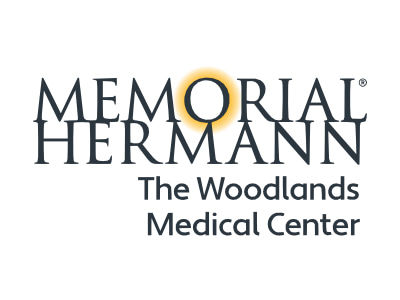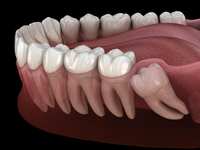- Categories :
- More
Knowing the Signs of AFib Can Save Your Life

Atrial Fibrillation (AFib) is the most common type of abnormal heart rhythm, yet it’s often misunderstood. It affects about 2.2 million Americans—and many may not even realize they have it. If left untreated, AFib can increase your risk of stroke, blood clots or heart failure. That’s why it’s important to learn about AFib’s symptoms and treatment options. Early detection and proper management of AFib can make a difference in your heart health.
Some may experience no symptoms, while others may feel any of the following:
- Heart palpitations (quivering or fluttering sensation)
- Irregular heartbeat
- Shortness of breath
- Chest pain
- Fatigue
- Dizziness or lightheadedness
The affiliated care team with the Memorial Hermann Heart & Vascular Institute at Memorial Hermann The Woodlands Medical Center understand that heart disease can happen to anyone and offer patients a full spectrum of cardiovascular services. The new South Tower at Memorial Hermann The Woodlands has a dedicated floor with a heart and vascular intermediate care unit (IMU) and an intensive care unit (ICU), a dedicated floor with cardiac catheterization labs, electrophysiology labs and interventional radiology suites, plus a dedicated floor for outpatient cardiopulmonary testing and monitoring and advanced diagnostic screenings. Additionally on the campus, there are more than two dozen surgical suites and a 4,000-square-foot cardiac rehabilitation gym. Pictured are Memorial Hermann employees at a booth in honor of World Heart Day on September 29 at Memorial Hermann The Woodlands, where staff and visitors alike could stop by for heart disease educational info and a treat.
Learn more about AFib myths, types, prevention, treatment options and more at memorialhermann.org










